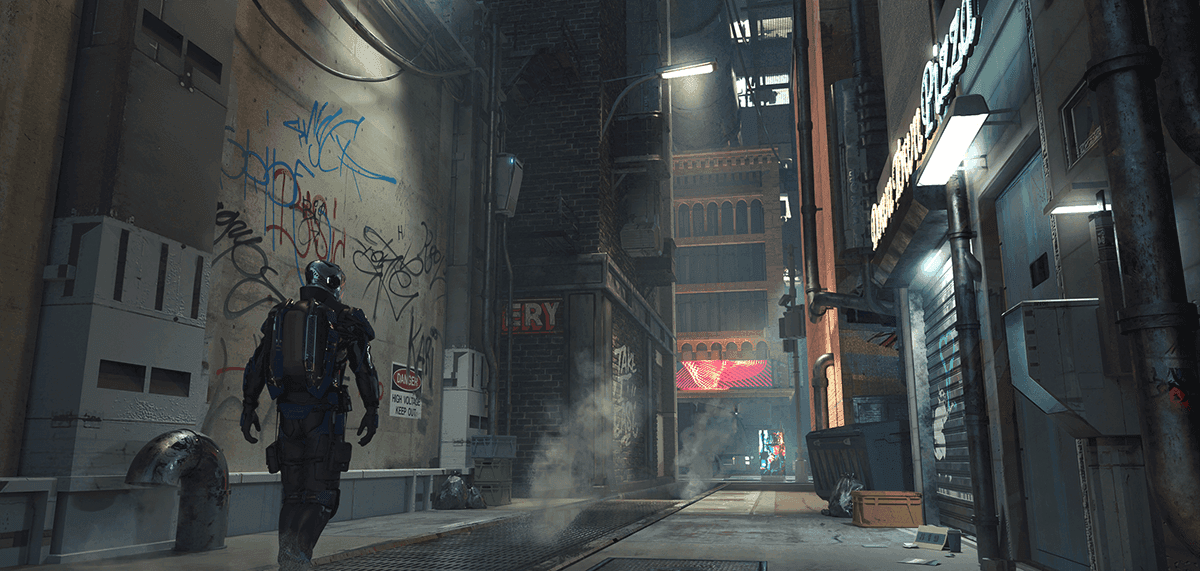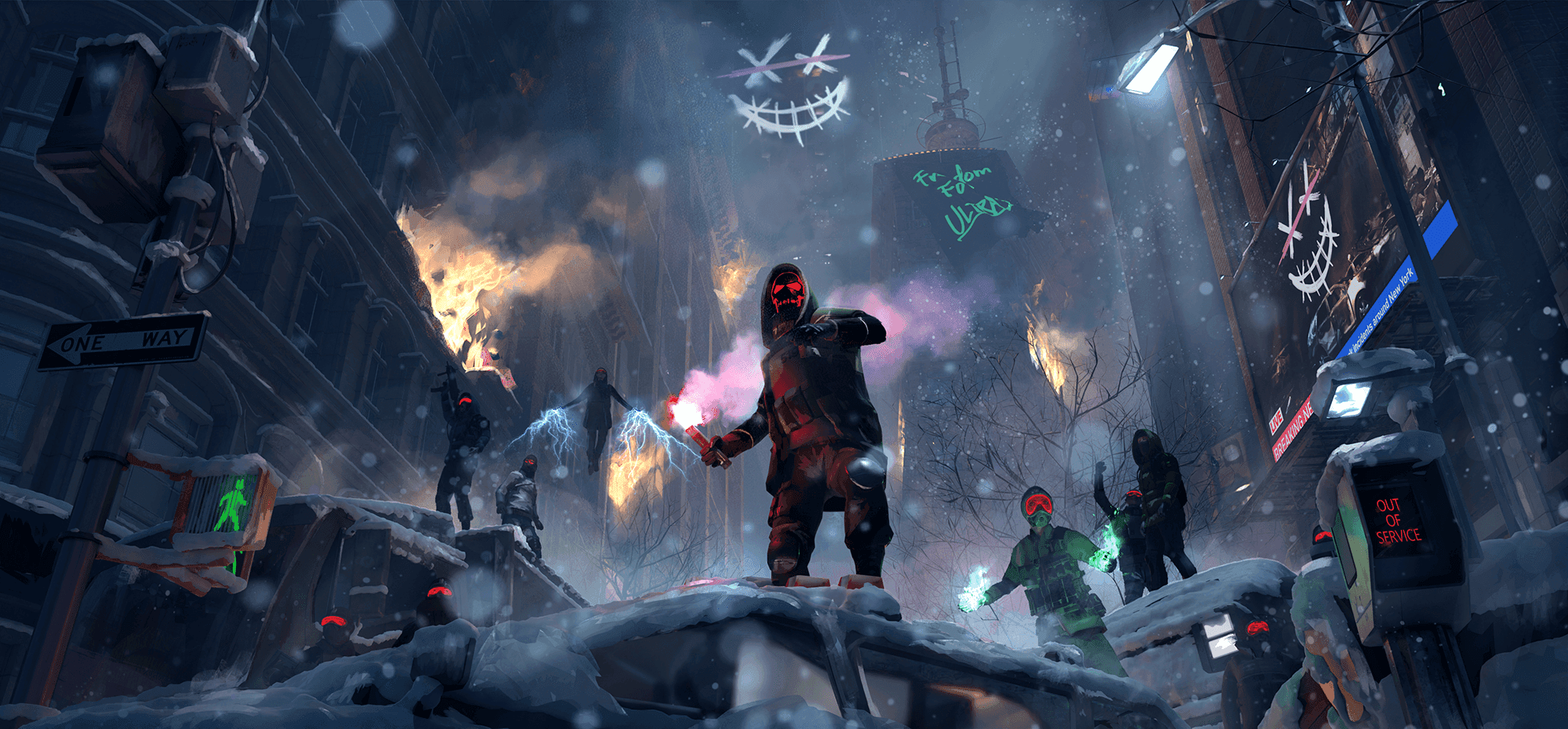
Developer Log 3 - Magic
Greetings Shadownet.
This is the next part in an ongoing blog series discussing the development of Shadow War - its features, narratives, game mechanics, and how they helped define some of the other aspects of the game. In the last post, we discussed some of the broad strokes of the setting - in this one, I'd like to go into specifics with respect to the magic system.
When we decided to add magical elements to Shadow War, we had two goals in mind:
1 - Make it full of personality and vaguely scientific and;
2 - Don't be some fantasy setting where magic is plentiful and an object of envy
To achieve this, we wanted to use magical or paranormal phenomena that had been the subject of study in recent times. If nothing else, such practices tend to be a tad more rigorous than fantasy ideas of medieval alchemists and wizards who can turn lead to gold or create fireballs from thin air. They also violate our suspension of disbelief a bit less, as such practices tend to be considered "occult" rather than "fantasy." This brought us to draw inspiration from a number of enduring practices, such as remote viewing, psionics, or chaos magic. We'll explain how we drew from these a bit later in this post.
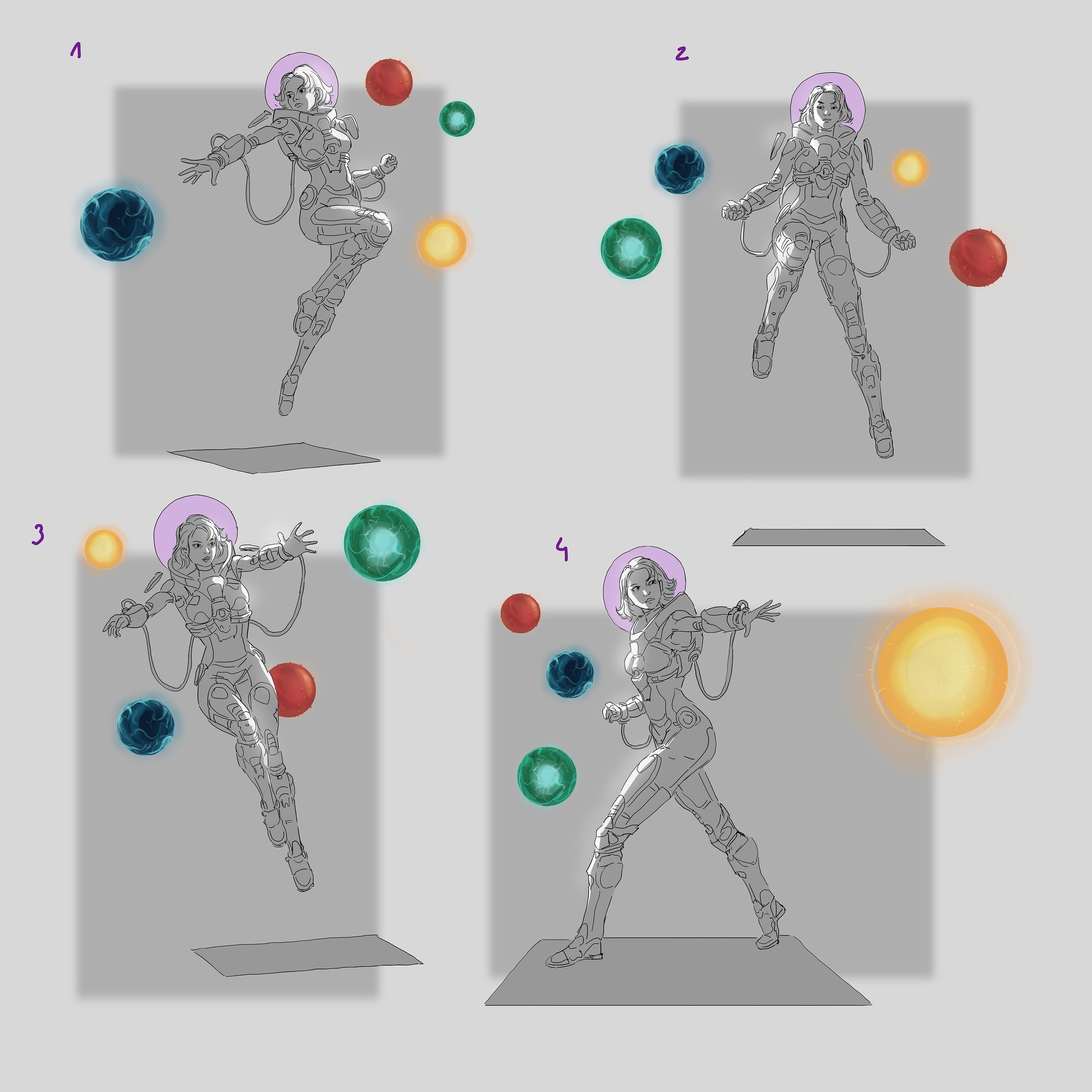
Beyond just choosing the basis of a magical system, we also needed to tie it to the Shadow War setting. Shadow War is an extremely technocratic setting. Society's progressing quickly, both socially and technologically. At the same time, much of the average person's life is dictated in large part by corporations, who treat them as mere pawns in the pursuit of profit and progress. To reflect that, we wanted a realistic basis which felt both callous and confusing, yet also scientifically-rigorous. We therefore turned to g-factor, or as it's more commonly known, IQ. Its scientific reproducibility, combined with a lack of understanding on how exactly it predicts things, made it a perfect basis.
Thus, ψ-factor, or psi-factor was born. It combined the statistical regularity of g with a whole assortment of magical elements. The cognitive basis that it inherits from g was also quite beneficial, as many types of modern chaos magic are little more than finding ways to trick yourself. Sigil magic, for example, is just personalized psychological tricks.
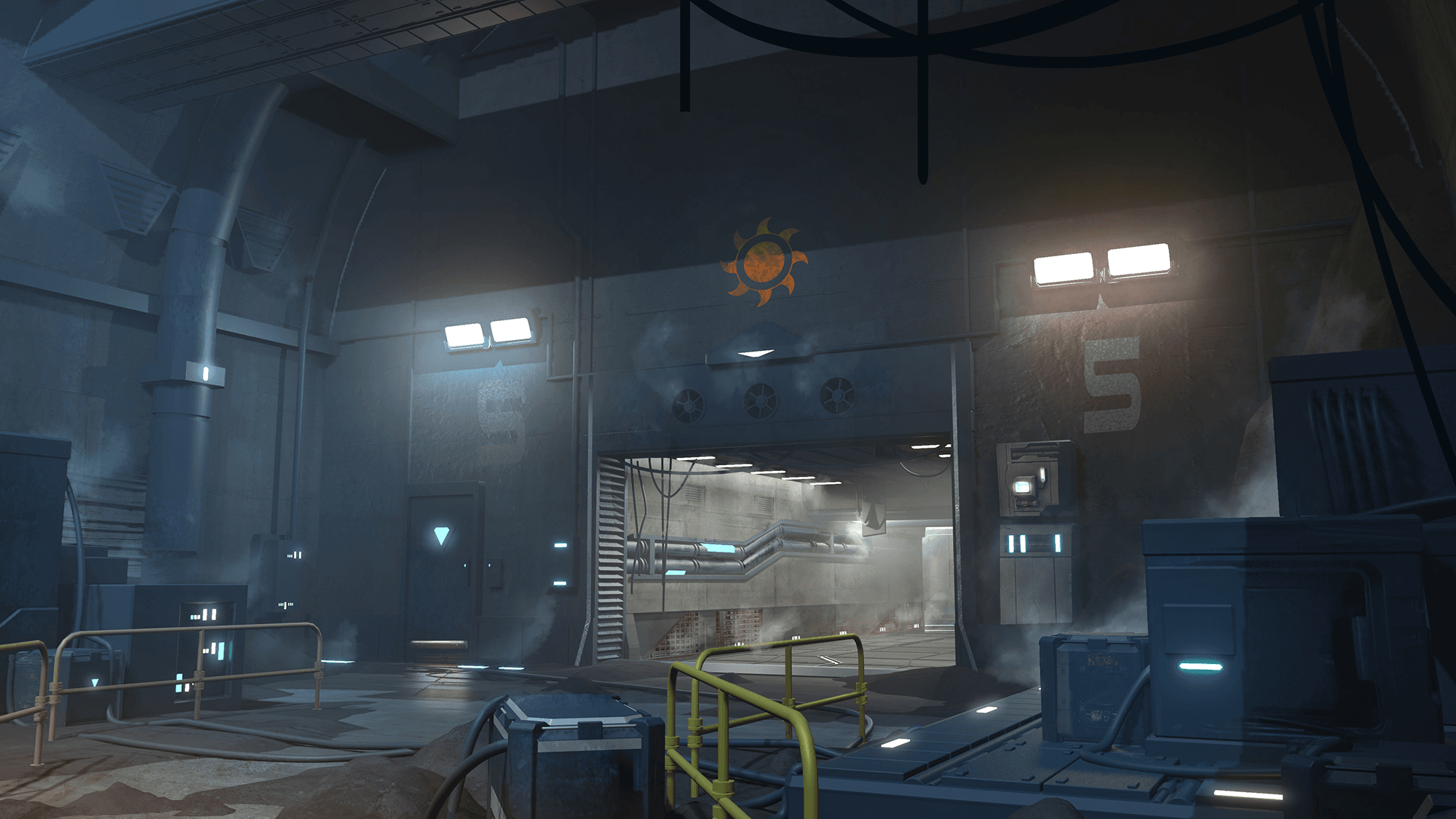
Remote viewing was another important influence. Generally, everything that remote viewing seeks to do can be done with digital technology; it’s just the transfer of information. The significance of remote viewing is doing this without technology. That significance revealed an important niche of psi: It can serve as a replacement or complement for technology. This is why some Shadow War operatives stride into battle in full power armor, and others walk in wearing... clothes and maybe a few extra high-tech accessories. The latter doesn’t need a full suit if they can protect themselves with their mind, nor do they need batteries if they power their gear with their mind as well.
As for how one gains magical powers, it's rather straightforward: An individual is born. They have their psi-factor tested. Some of them, approximately 1 in a million, score rather high. Those who score high, should they suffer some great trauma or stress, may undergo an epigenetic awakening. If they undergo such an awakening (usually by accident), their psi abilities activate, and they are classified as ultrahumans. It is these abilities which form the basis of magic.
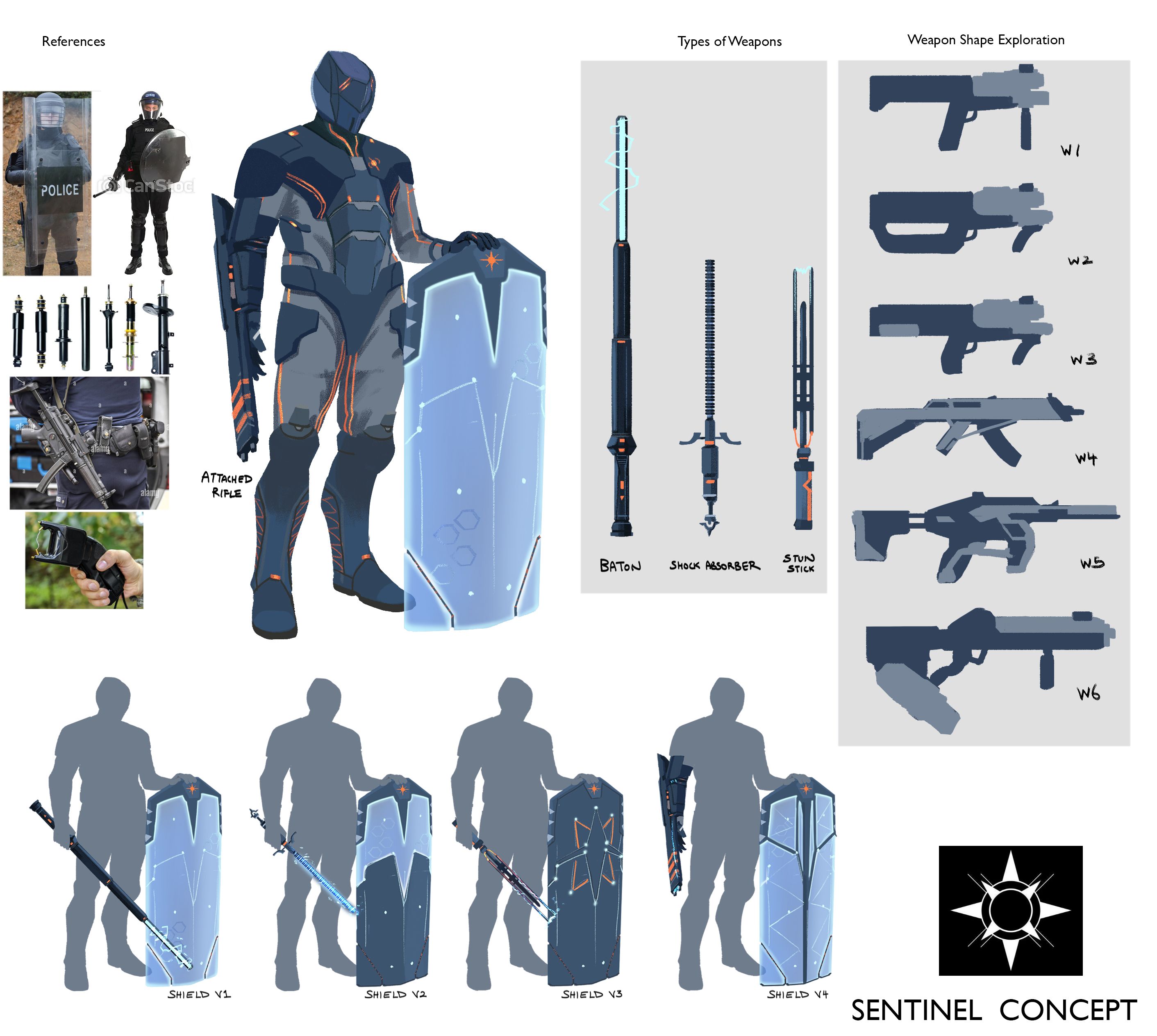
Ultrahuman abilities vary considerably, both in magnitude and effect. At the lower end are those that can interface with and power their equipment. At the upper end are those who can create truly extraordinary effects, such as causing objects to combust, or manipulating matter, or even apparent violations of the laws of physics. Compared to their mundane mortal counterparts, ultrahuman operatives also tend to be outfitted more impractically. Their abilities depend a great deal on personal belief, and so keepsakes or aesthetics may make them perform better. The exact mechanism of this is, of course, not understood. One must simply accept that the heat of the combustion correlates directly with how stylish the fit is.
Of course, these abilities are not without drawbacks. The stress necessary to become an ultrahuman is quite traumatic and always leaves a scar. This makes ultrahumans into rather neurotic and sensitive people, who often struggle to survive alone in society. Partially this is from the trauma, and partially because they have dangerous abilities. Friends, family, and law enforcement generally do not want to deal with somebody who can cause objects to explode with a thought.
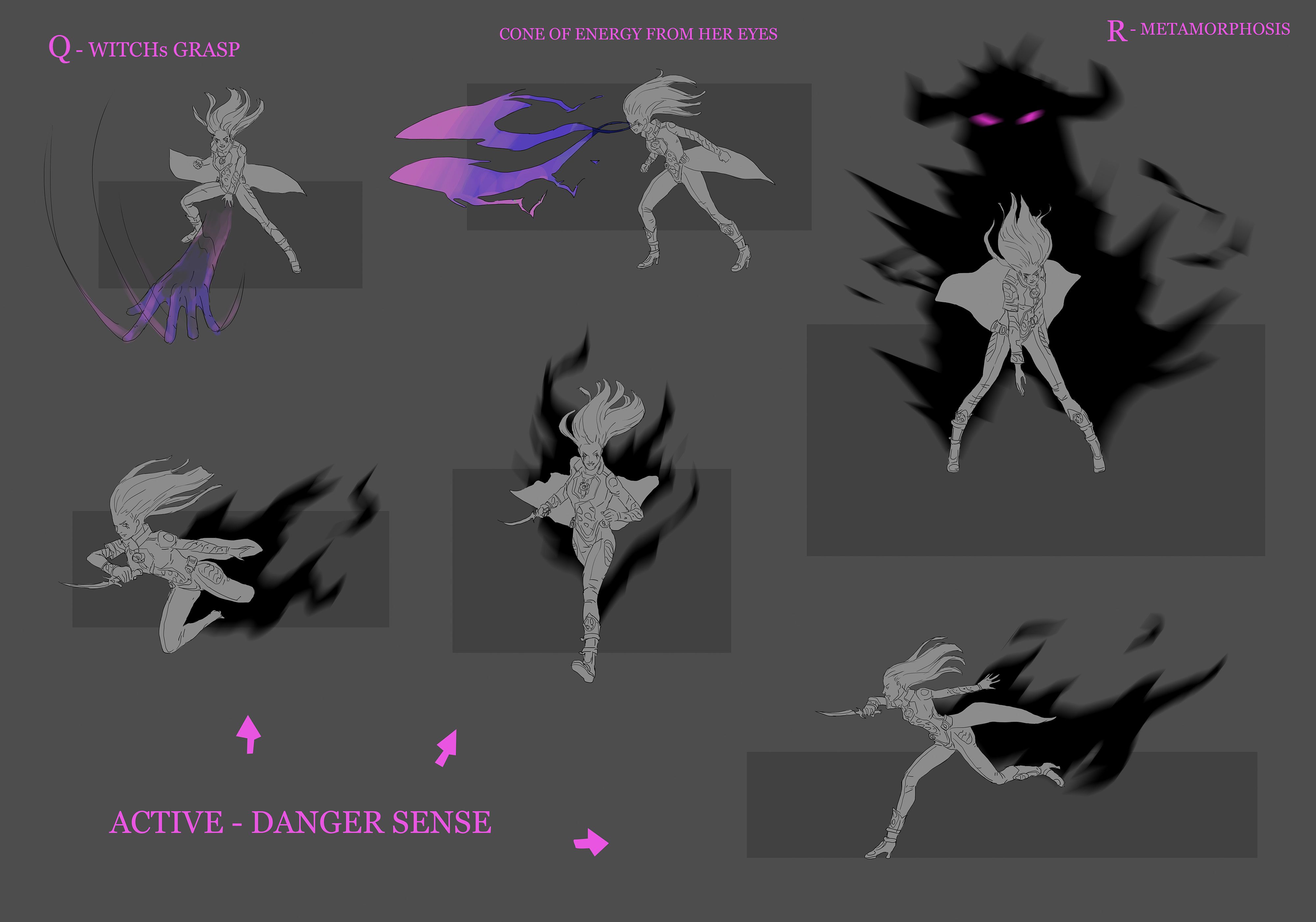
Additionally, nothing in this world is free. To do such extraordinary things requires extraordinary resources, and ultrahumans have high metabolisms. In order to use their abilities, they generally need to consume about 5x the nutrients and calories of a normal person. Without that, they have no powers; they are simply a person with a tragic past.
With this characterization, we wanted to capture the idea that ultrahumans were exceptional people - but only when they had the proper support. This is not some world where gods walk among men and sow fear and envy in the mortal masses. This is a world where that girl who survived a terrible house fire can now make objects combust, and people are scared of what she’ll do with it. It is not necessarily a position to envy, but rather a unique experience. It's a world where everybody's vulnerable, just in different ways.
In short, Shadow War's magic is personality-based, psionic magic with some psychometrics thrown in. We hope that this gives you a better idea on the world we're trying to create, and how we hope to contrast gritty technocratic ideas with more fantastical and idealistic ones.

